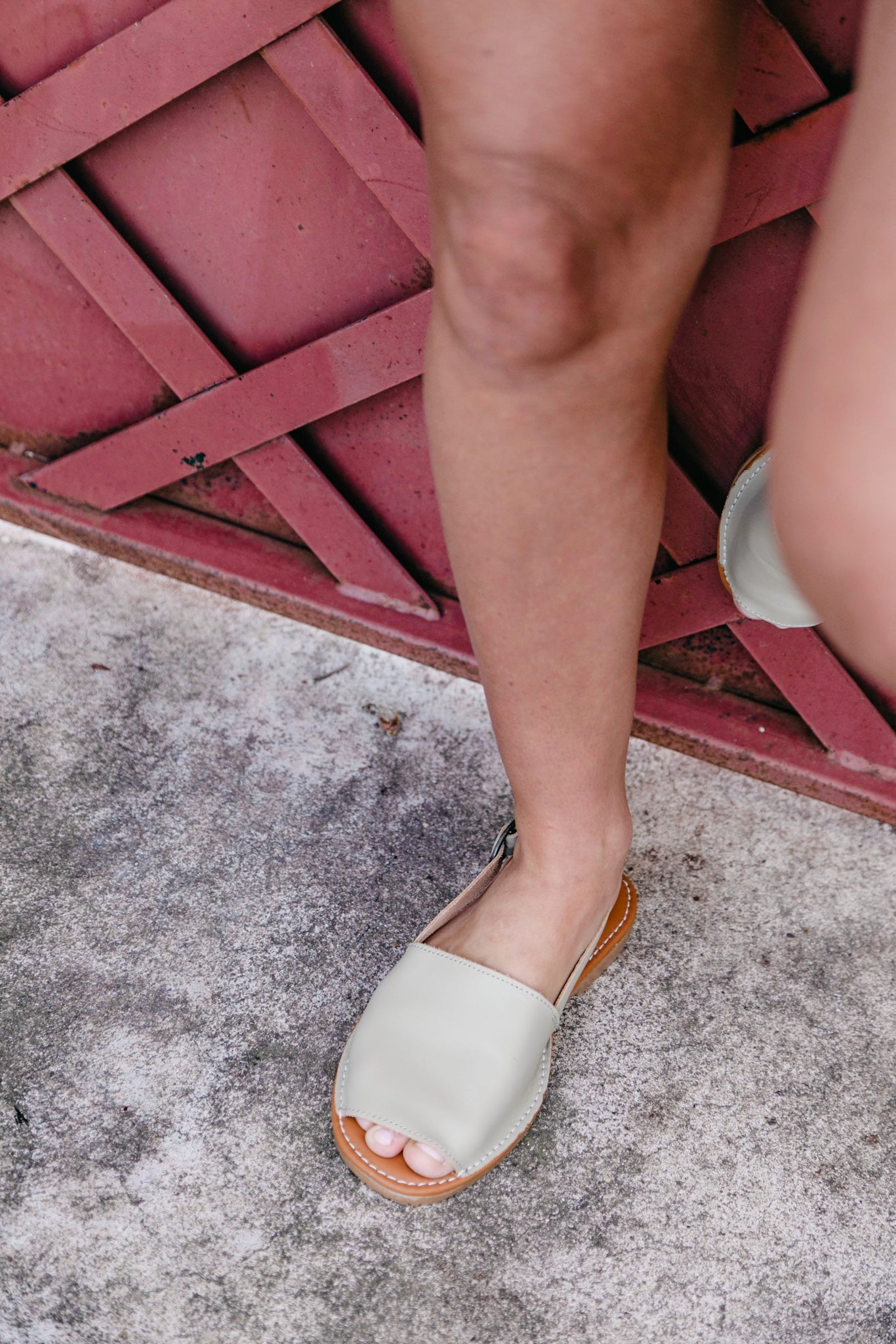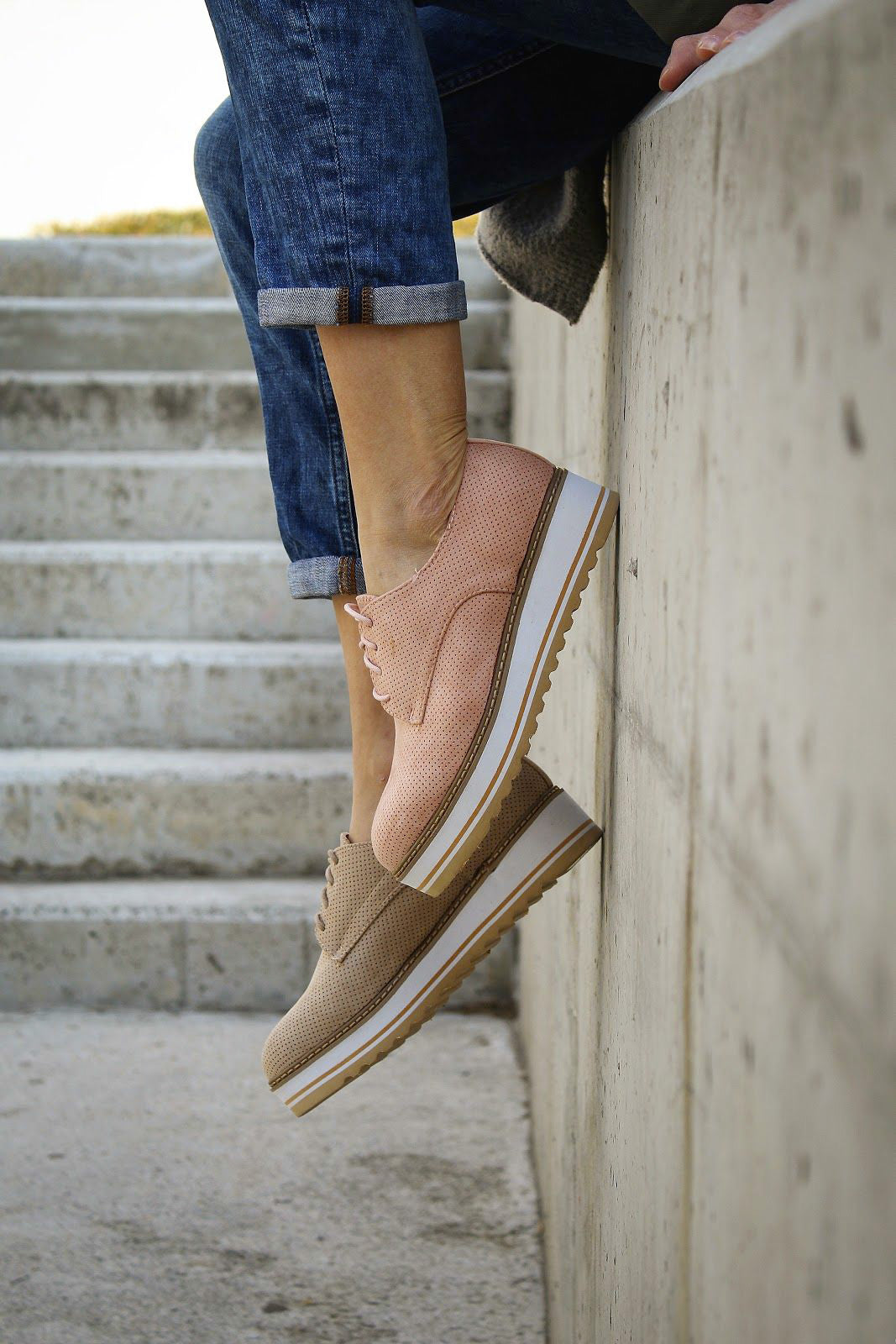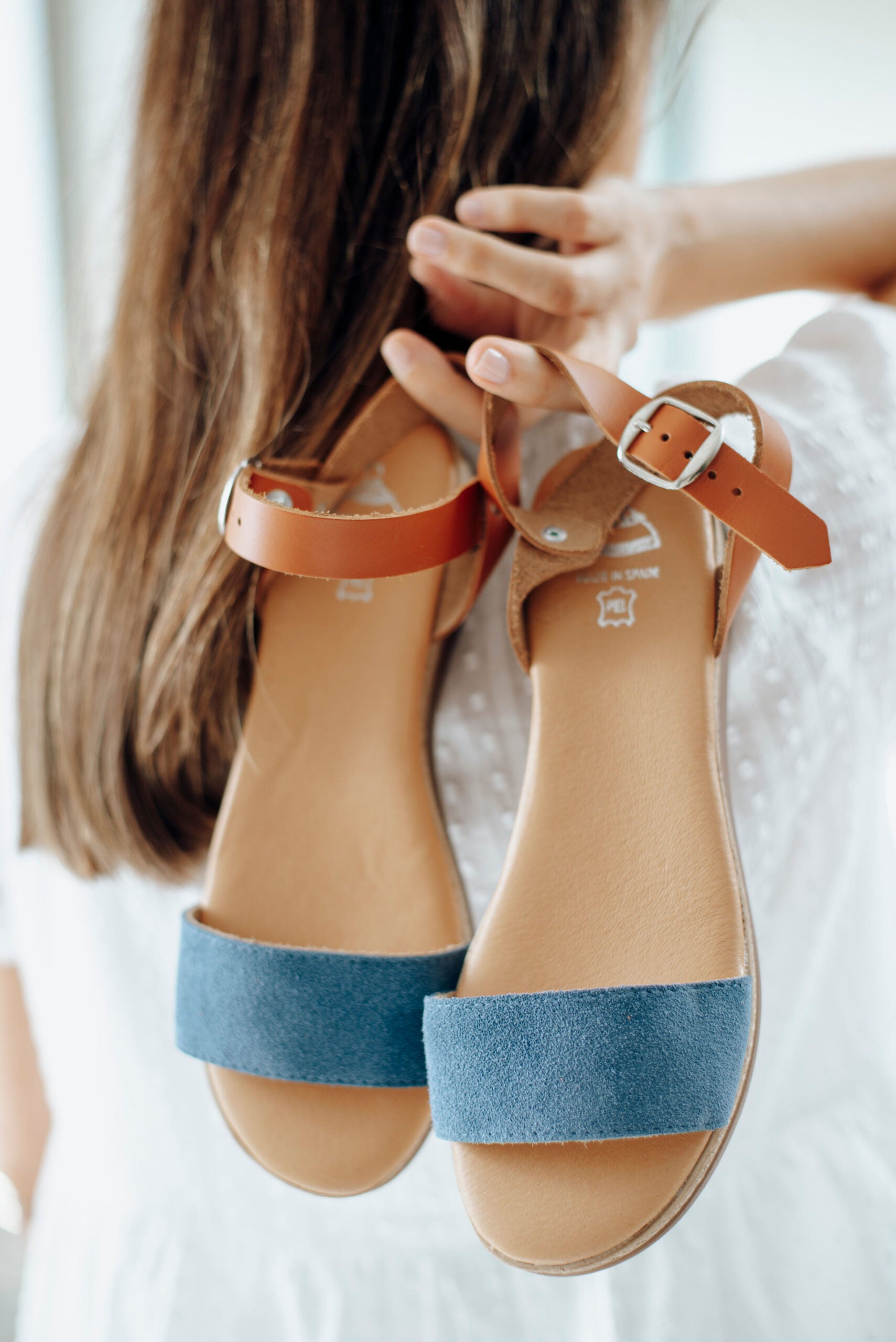
Why Handmade Shoes Are The Best Option
Footwear in its purest form is a necessity, providing support as well as protection to one's feet from the various surfaces walked upon. It's a known fact that previous generations have survived with one or two pairs of functional footwear. Today, however, the majority of people have a collection of footwear to meet various criteria and needs. Examples of these criteria include formal, casual, athletic, and more!
Globally, several companies crack the $1 billion barrier in footwear sales, but only Nike and Adidas bring in more than $5 billion. Athletic footwear specifically includes athletic, sport, and active lifestyle shoes. Furthermore, it includes footwear that may be performance-inspired or for other activities. Products such as ski and snowboard boots may also be included in the overall scope of the athletic footwear market.
That being said, what about handmade shoes and the industry that seems to have vanished?
SHOE STATS
Statistics show that consumers spend significant amounts of their discretionary income on apparel and footwear. In recent years, athletic clothing and footwear have become very trendy. This segment has experienced strong growth in the United States. In fact, in 2018 alone, athletic footwear generated approximately 16.55 billion U.S dollars in sales. Additionally, as of 2018, the United States was the country with the largest revenue from athletic footwear.
According to Statista, Nike’s share of the U.S footwear market is 17.9%. Specifically, 2.47 billion pairs of shoes are imported into the US, while advertising spend in the US footwear industry is $12.6 billion. Additionally, retail and e-commerce shoe store sales are at $38 billion, while Foot Locker’s retail sales are at $5.57 billion. Lastly stated, the share of U.S. consumers shopping for footwear on Amazon is 16.2%. While these all rank more than the stats of handmade shoes, there is a major difference in quality.
HANDMADE SHOE QUALITY
A pair of regular formal shoes are made of synthetic or cheap quality leather. Which, if you know good shoes, never lasts too long. With that in mind, poor-quality leather cracks or splits over a period of time, causing the shoes to not mold to your feet the way that they should.
The thing is, if you pay close attention, you can buy handmade shoes made of premium quality and crafted leather that will last for years and always keep you looking good. Unfortunately, this is not always the case with regular shoes.
TYPE OF SOLE
The soles used in most shoes are manufactured locally, which is not good in terms of the comfort of your feet. For example, if you do not have arches in your feet (or even if you wear nice shoes on a regular basis), it's likely that you will experience sores or ankle problems, causing issues with your body in general. While this is not the case for everyone, for the most part, there will be a change in the way your body slowly breaks down. Handmade shoes on the other hand are made of Argentina leather, considered to be the finest quality of leather in the world.
REGULAR VS PREMIUM SHOES
Each and every component of the shoe presents itself in a specific form on each person's foot. So, unlike factory shoes, handmade shoes consist of real leather from the lining to the tongue! This specific fact is just one reason why these shoes are superior to factory shoes.
FACTORY VS WORKSHOP MADE SHOES
When compared to machine-made shoes, handmade shoes have better strength and durability. The craftsmen who make these shoes spend a lot of time perfecting a single pair, whereas machine-made shoes are manufactured at a high pace.
Non-athletic footwear covers casual and dress shoes, as well as house slippers, various types of work shoes, and boots. Other footwear products include accessories (i.e. shoe trees, bags, polishes, laces) gaiters, parts of shoes, socks, and foot care products. Reports in this category address national and international footwear markets, including specific sectors such as dress shoes, reviews of companies engaged in manufacturing, repairing, distributing or importing, specialized areas in the market such as orthotics, and targeted consumer markets.
MACHINE VS HANDMADE SHOES
One thing that many people don't realize is that a pair of shoes goes through several stages of manufacturing. Handmade shoemakers let the shoes rest between stages, resulting in superior fit and quality. Machine-made shoes on the other hand are infused with stiffeners to speed up the process- a compromise on quality!
In case you have not realized it yet, shoes that are handmade are of quality. Non-athletic footwear covers casual and dress shoes. It also includes house slippers, various types of work shoes, and boots. Other footwear products include accessories (i.e. shoe trees, bags, polishes, laces) gaiters, parts of shoes, socks, and foot care products.
Reports in this category address national and international footwear markets, including specific sectors such as dress shoes, reviews of companies engaged in manufacturing, repairing, distributing or importing, specialized areas in the market such as orthotics, and targeted consumer markets.
FINAL THOUGHTS
Ultimately, investing and shopping handmade shoes is not only better for your feet, but also for the handcrafted shoe industry! High heel or flat, red or black, handmade shoes and are ultimately the best choice for everyone. If you're looking for the perfect handmade shoes for any occasion, check out Menina Step, a shoe company that handcrafts all of its' styles in the heart of Spain.



